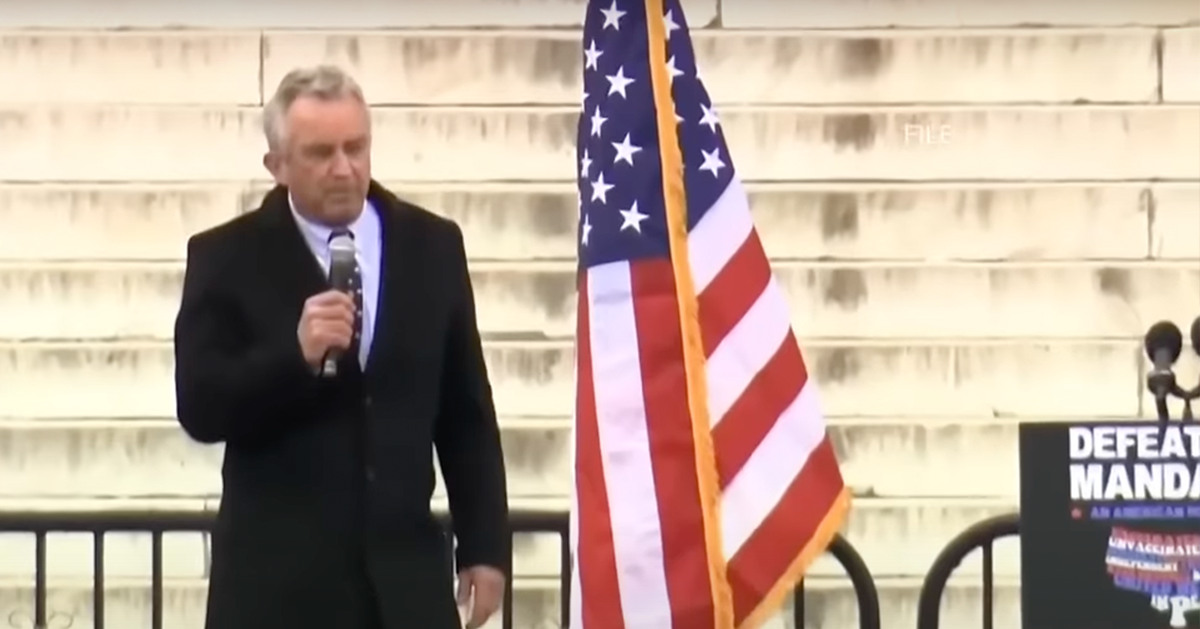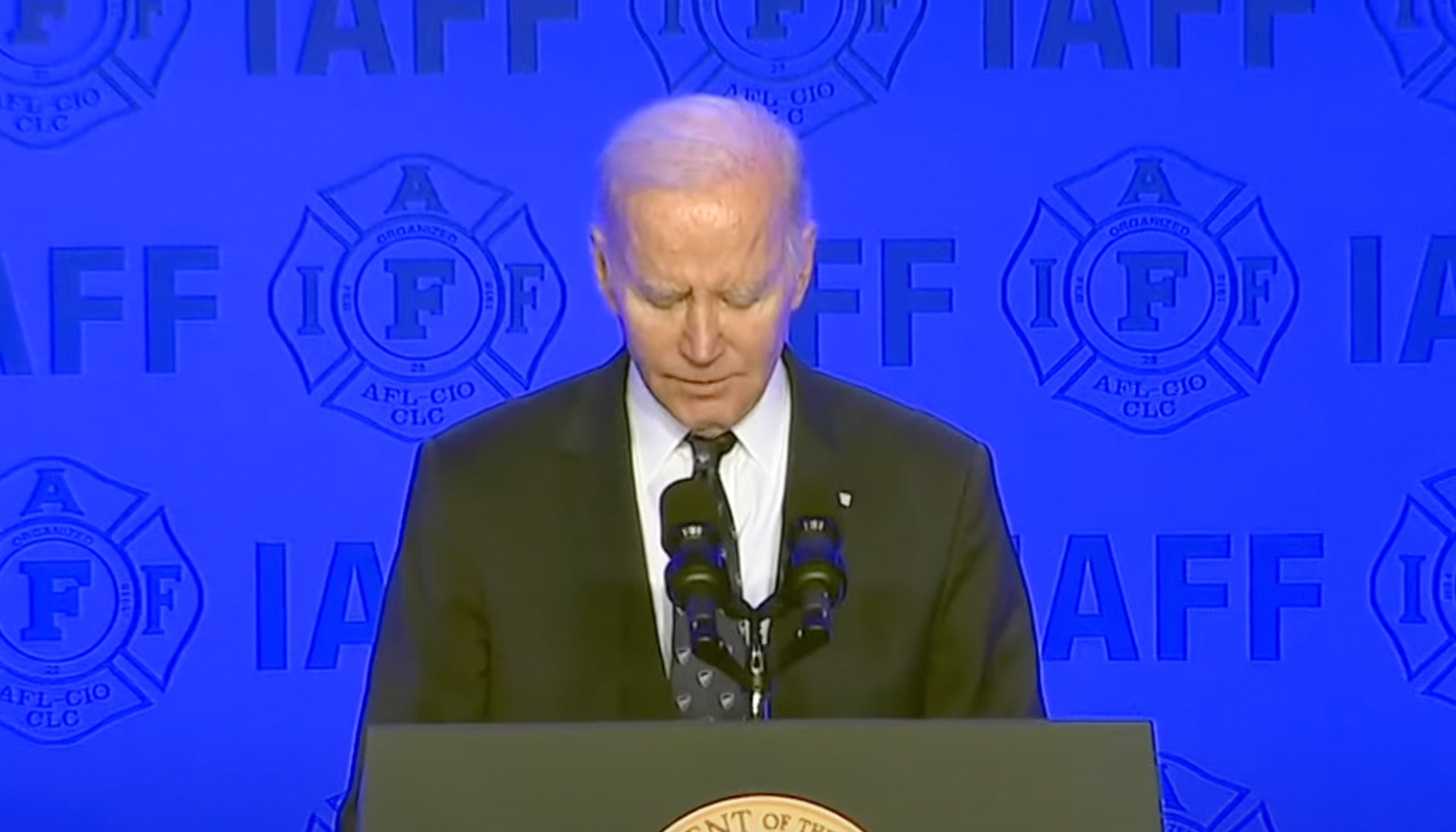Obama sides with Harvard after Trump administration funding freeze
The Trump administration recently took the extraordinary measure of freezing more than $2 billion in funding intended for Harvard University due to its refusal to address concerns about antisemitism on campus.
In a development that drew significant attention, former President Barack Obama voiced his backing for Harvard in its battle with Trump, citing what he says is the importance of maintaining academic freedom amidst governmental pressure, as the Daily Caller reports.
On April 11, a coalition of federal agencies called the Joint Task Force to Combat Anti-Semitism issued a series of demands to Harvard University. The demands sought reforms in the university’s disciplinary practices, enhanced scrutiny of international students, and a comprehensive audit of programs with potential histories of antisemitism.
However, Harvard stood firm in its decision to reject these demands, arguing that such measures threatened academic independence and constitutional liberties.
Harvard President Alan Garber addressed the administration’s demands, expressing the university's firm stance against complying. “We have informed the administration through our legal counsel that we will not accept their proposed agreement,” he stated. Garber emphasized the university’s commitment to preserving its autonomy and protecting its constitutional rights.
Obama endorses Harvard's position
As tensions mounted following Harvard's decision, Obama intervened with words of support for the institution. On Monday evening, he praised Harvard for resisting what he characterized as an infringement on academic freedom. He commended the university for fostering an environment conducive to intellectual exploration and dialogue, qualities he believed were under threat from governmental overreach.
“Harvard has set an example for other higher-ed institutions,” Obama declared, describing the federal demands as “unlawful and ham-handed.” He lauded Harvard’s efforts in ensuring that all students could thrive in a space marked by intellectual rigor and mutual respect.
Despite the backing from Obama, Harvard still faces significant challenges. The Joint Task Force's move followed a House Committee investigation, which criticized the university for its handling of antisemitic incidents. According to the committee's findings, Harvard had failed to discipline students involved in activities such as interrupting classes, occupying buildings, and establishing an encampment.
Controversy surrounds administration demands
In response to Harvard's non-compliance, the task force took the consequential step of halting $2.2 billion in grants, along with $60 million in contractual funding.
This decision has sparked a broader debate concerning the role of federal oversight in educational institutions and the balance between government support and institutional independence.
Critics of Harvard’s stance point to what they see as a prevailing sense of entitlement among elite universities, suggesting a reluctance to accept that federal support entails obligations to uphold civil rights.
The task force expressed this sentiment, asserting that Harvard’s declaration “reinforces the troubling entitlement mindset endemic in our nation’s most prestigious universities and colleges.”
The Trump administration’s actions have not been isolated to Harvard alone. The administration has similarly pursued other universities over concerns of a similar nature, suggesting a wider crackdown on what it perceives as lapses in addressing antisemitism and other civil rights issues.
Debate over academic freedom intensifies
This funding freeze highlights the ongoing struggle between federal authorities and educational institutions over the extent of regulation and oversight. The issue at hand raises fundamental questions about the responsibilities that accompany federal investment and how universities balance such responsibilities with the values of freedom and autonomy.
Observers are closely watching the developments at Harvard as an indicator of future interactions between the federal government and academic institutions. The university's resistance to capitulating to government demands could serve as a model for others facing similar pressures.
The broader implications of the funding freeze reach beyond financial concerns, touching on the foundational principles underpinning higher education in the United States. The debate over academic freedom, civil rights, and government intervention on campuses continues, as stakeholders from both sides navigate these complex issues.
While Harvard grapples with the immediate impact of the funding halt, the discourse surrounding academic freedom will likely persist, with both educators and policymakers seeking solutions that do not compromise essential freedoms.
As the situation develops, it remains to be seen how universities and the government will reconcile their divergent perspectives.





